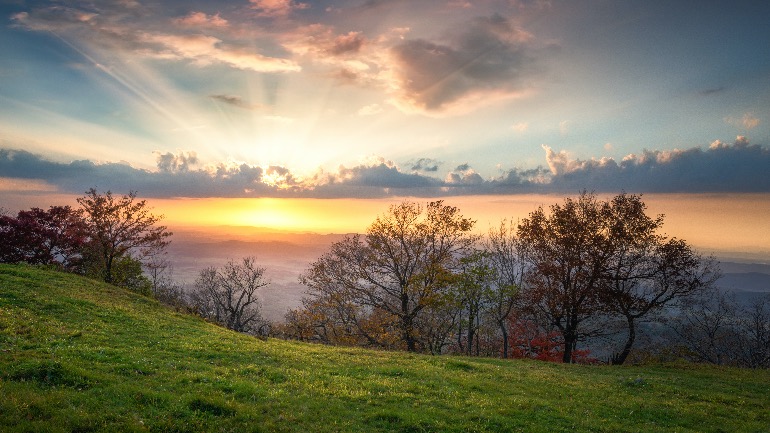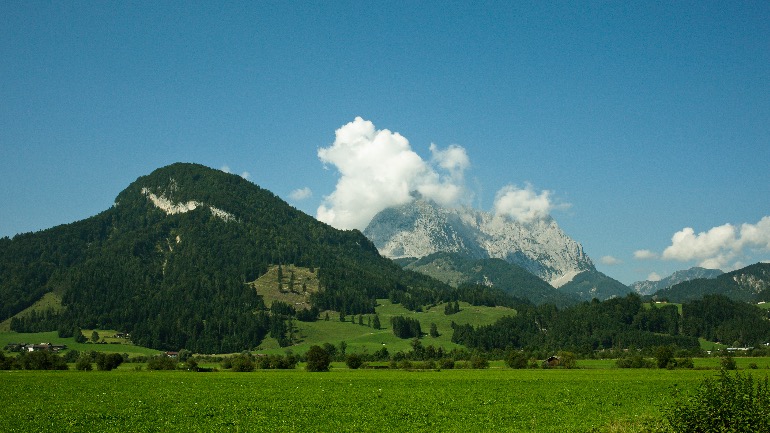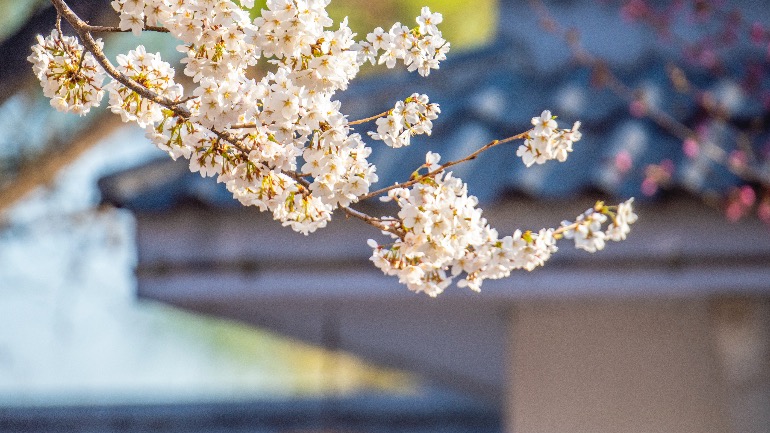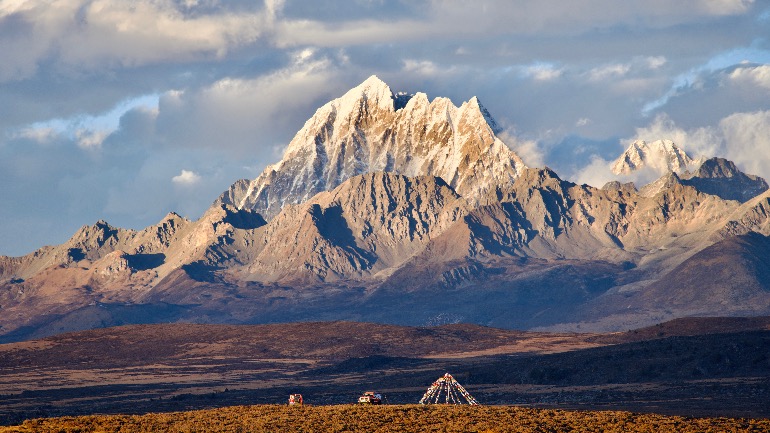After performing each virtuous action, dedication must be properly offered as the resulting good karma may likely be destroyed before it ripens.
WORDS OF WISDOM
We often speak of cultivating bodhicitta, of giving happiness and taking suffering; however, when actually faced with problems, we only think of ourselves, and in so doing, suffer the consequences over many lifetimes. This is all due to attachment to self-love. Although ordinary people cannot cut through this attachment right away, it can be gradually reduced with bodhicitta practice.
- Quote from Are You Ready For Happiness? Don't Let the Paper Tiger Scare You Off, "How to Face Suffering"
Young people are not above this either. They may look like they can afford to play and have fun all the time. But once they begin to contemplate the purpose of this life and the question of the beginning and the ending of life, they cannot help but realize that the two ends of this life are really a blur. What their minds and eyes can grasp are only the present, fleeting moments. Most of them, unable to face this frightening conclusion directly, just cast these issues aside and ignore them.
Material comforts are like anesthetics that can only numb the senses temporarily while the reality of birth, old age, sickness and death never goes away. If we avoid facing these issues now, whether we get another chance to do anything about it in the future would be anybody’s guess. This is by no means an exaggerated threat, but an inevitable outcome.
- Quote from The Right View, "The Four Noble Truths—the Path Out of Samsara"
For example, when liberating animals, we should recite the Buddha’s names and mantras for these animals. They cannot understand the Dharma teachings, but we believe the recitation of sutras and mantras will sow seeds of liberation in their minds, and that these seeds will soon mature. By then, they will know how to take the path to liberation and will actively seek out its direction as well.
The Buddha did not deny that material comfort can bring happiness to an extent. The external world affects our happiness and suffering but is not the primary cause of our well-being. Happiness itself does not come from outside, but from the mind. We can find happiness only from within the mind and overcome suffering only by working with the mind. Thus, we should not be deluded into thinking money is the answer to happiness, because it cannot bring total happiness.
- Quote from Are You Ready For Happiness? Don't Let the Paper Tiger Scare You Off, "How to Face Suffering"
All branches of Buddhism fall under Mahayana and Theravada. There is no third vehicle. To be a Theravada practitioner, the first requisite is having unshakable renunciation—complete distaste for worldly fulfillments and whole-hearted pursuit of liberation from samsara. Do we have such resolution? If not, we would not qualify as Theravada practitioners.
Mahayana practitioners, on the other hand, must have undaunted bodhicitta and be willing to serve the needs of others unselfishly and unconditionally. Can we do that? If not, we would not be deemed Mahayana practitioners either.
If we are neither Mahayana nor Theravada practitioners, strictly speaking, we are not Buddhist practitioners at all. What are we after all? At best, we are believers of Buddhism or of Shakyamuni Buddha, who may intermittently chant some mantras and do some good deeds here and there. Really, just be a little better than non-believers. Though we may have had many teachings and empowerments, met more than a few respectable teachers and practitioners, we still cannot get any closer to even the edge of liberation. Worse, it must have been horrifying to discover that we possibly may not even be Buddhist practitioners when going through the aforementioned self-examination.
- Quote from The Right View, "The Three Supreme Methods"
Taking refuge is deemed a prerequisite for anyone who wants to learn Buddhism. However, it has never been forced upon anyone. Only those who want to learn the Buddha’s teachings or take up Buddhist practice must comply.
- Quote from The Right View, "The Three Differences"
In the scriptures, Buddhism is defined by the two words—“doctrine” and “realization.” Doctrine refers to the teachings transmitted by the Buddha himself or the commentaries on canonical texts and other treatises written by the bodhisattvas after the Buddha gave his blessing and approval, such as the Tibetan Buddhist canon of Kangyur (The Translation of the Word) and Tengyur (Translation of Treatises). Realization refers to personal realization gained through practice, which encompasses discipline, meditation and wisdom. In other words, “doctrine” and “realization” stand for the whole of Buddha Dharma. Two other words, even more significant, can also summarize the full meaning of the Dharma, that is, “compassion” and “wisdom”.
- Quote from The Right View, "Buddhism—the Definition"
If everything were destined and immutable as some non-Buddhists believe, what would be the point of undertaking spiritual practice? Since everything has already been set, there is no point trying to change anything in life—if having a good life, rejoice in one’s good fortune; a miserable one, just bear it. By the same token, if everything were predetermined, it would be useless giving food to the needed since going hungry would have been their destiny anyway. Hence, fatalism has failed to stand.











